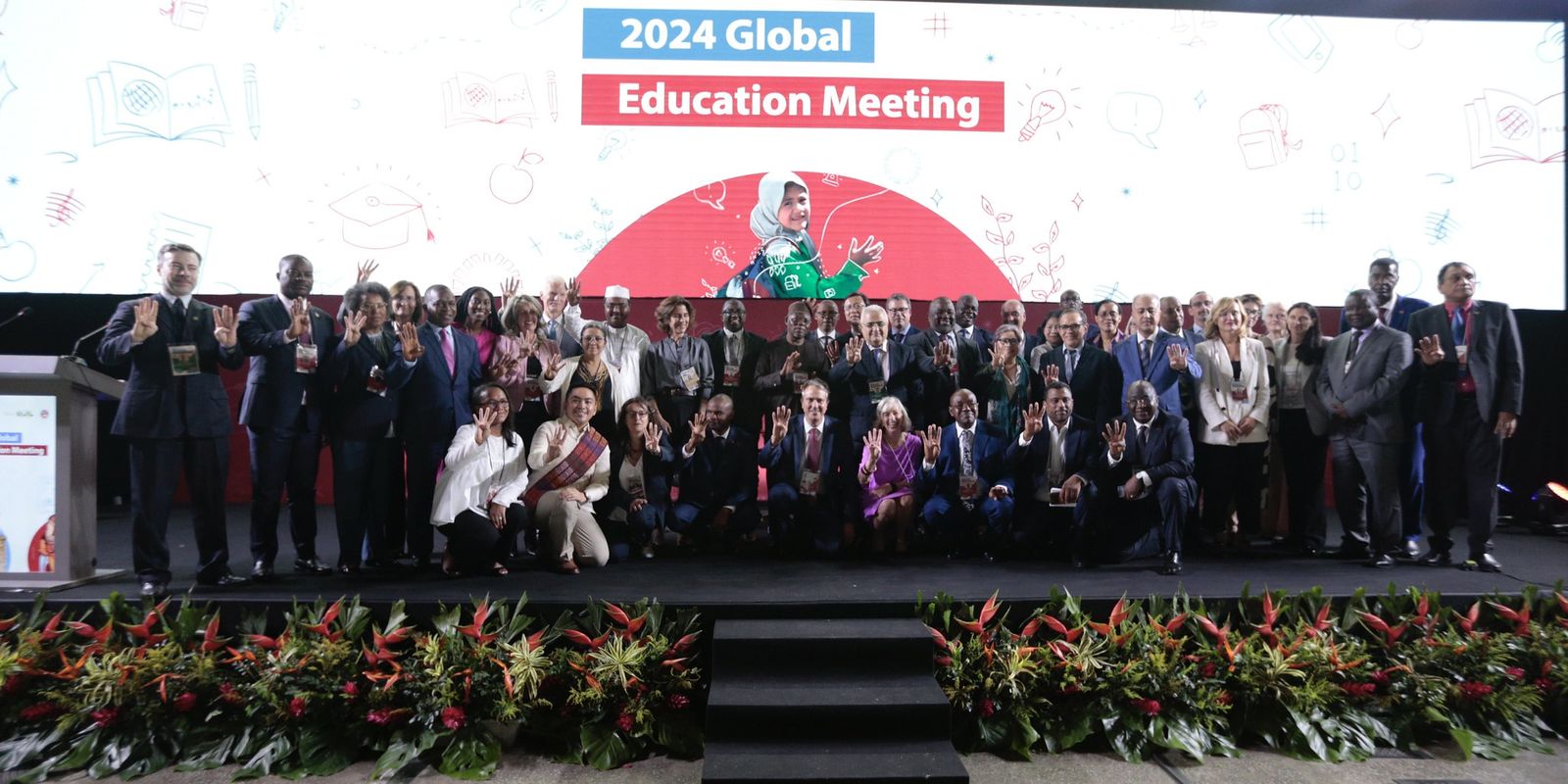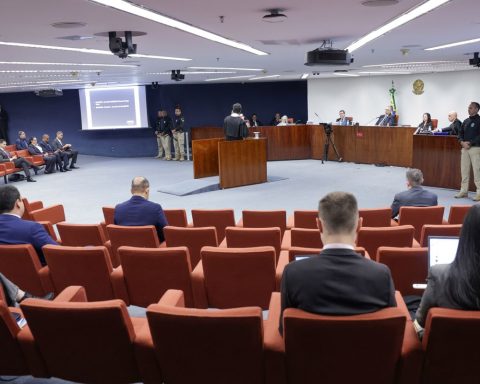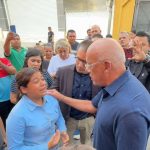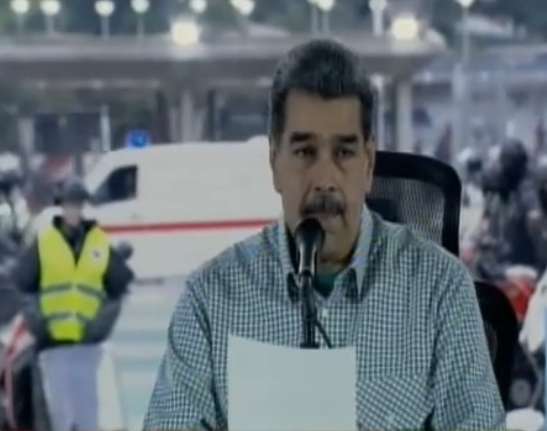Representatives from several countries participating in the Global Education Meeting, in Fortaleza (CE), made a commitment to encourage greater investment in education at both national and global levels. This is one of the points of the meeting’s final document, the Declaration of Fortaleza.
“Investment in education produces many social and economic benefits at an individual and societal level. Increasing investments in education is not only a moral imperative, but also an economic and strategic necessity to accelerate progress towards achieving all SDGs [Objetivos de Desenvolvimento Sustentável]”, says the text.
The meeting, organized by the United Nations Educational, Scientific and Cultural Organization (Unesco), brought together 51 ministries, 94 countries and more than 650 participants, between October 31st and November 1st.
Financing education around the world is a concern. The Global Education Monitoring (GEM) 2024 report, released this Thursday (31), at the opening of the meeting showed that spending on education, worldwide, fell by an average of 0.4 percentage points of Gross Domestic Product (GDP ) – sum of wealth produced globally.
In recent years, the Latin America and Caribbean region, where Brazil is located, went from an average investment of 4.6% of GDP in education in 2010 to 4.2% in 2022.
National and international measures
The document agreed between the countries proposes international measures such as guaranteeing aid to countries that are furthest from meeting the education goals set out in the SDGs. The so-called official development assistance must reach 0.7% of gross national income.
Another measure is aid to countries with unsustainable levels of external debt. The suggestion is renegotiation and, in some cases, debt relief, and implementation of debt-for-education swaps.
At the national level, among the agreed guidelines are increasing the national income base through progressive tax reforms, equitable taxation of high-income earners and multinational companies, combating tax evasion and illicit financial flows, and taxation of harmful activities and products. .
Furthermore, ensure that at least 4% to 6% of GDP or at least between 15% and 20% of public expenditure is spent on education. According to data from the National Institute of Educational Studies and Research Anísio Teixeira (Inep), in 2022, the Brazilian investment in education reached 5.5% of GDP, and public investment in public education reached 5% of GDP.
Although they are within the suggested range, they are below what is nationally stipulated by law, by the National Education Plan (PNE), which foresees the investment of at least 10% of GDP in education.
Education as a priority
In a press conference, this Friday (1st), the deputy director general of Education at UNESCO, Stefania Giannini, highlighted that although there have been some advances at a global level, such as the inclusion of 110 million children, adolescents and young people in school worldwide since 2015, there are still many inequalities to be faced.
“Inequalities continue and are enormous, 33% of children are out of school in the Global South, compared to 3% in the Global North, that is, in rich countries. We are here to deal with these challenges”, he stated.
According to Giannini, what was agreed in the document can be taken to the meeting of leaders from the G20, which takes place this month in Rio de Janeiro. “This Fortaleza Declaration will certainly contribute to prioritizing education, in two weeks, in Rio de Janeiro, where there will be a summit meeting of G20 leaders”, he said.
In Brazil, amid mandatory spending review of the federal government, the Minister of Education, Camilo Santana, who also participated in the press conference, reinforced to the press: “I will be categorically against any change in the constitutional limits of education in our country, and I have no doubt that President Lula also agrees with the my speech. On the contrary, I think there is a need to increase investments in education in this country, I will always be a defender of that”.
Sustainable Development Goals
The Global Meeting on Education aims to seek common strategies to fulfill the 2030 Agenda, focusing on education.
The 2030 Agenda is made up of the Sustainable Development Goals (SDGs). The SDGs are a global agenda to end poverty and inequalities. They were agreed upon by the 193 Member States of the United Nations (UN) and must be fulfilled by 2030. In total, there are 17 SDGs.
Among the SDGs is SDG 4, aimed at ensuring access to inclusive, quality and equitable education, and promoting lifelong learning opportunities for all.
*The reporter traveled at the invitation of the Ministry of Education
















